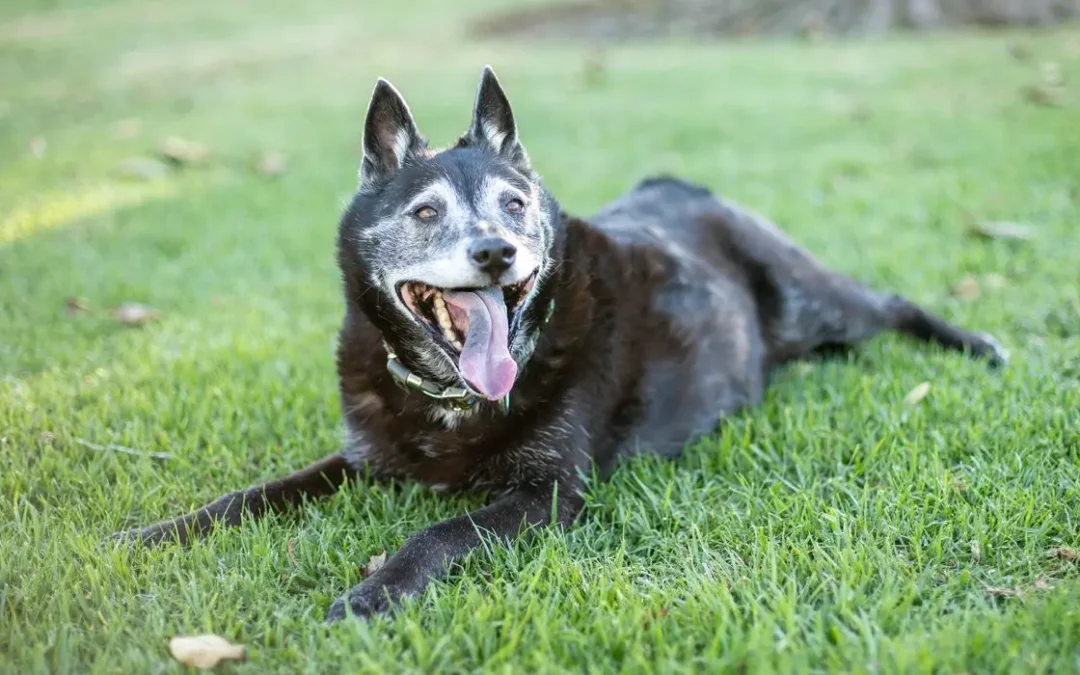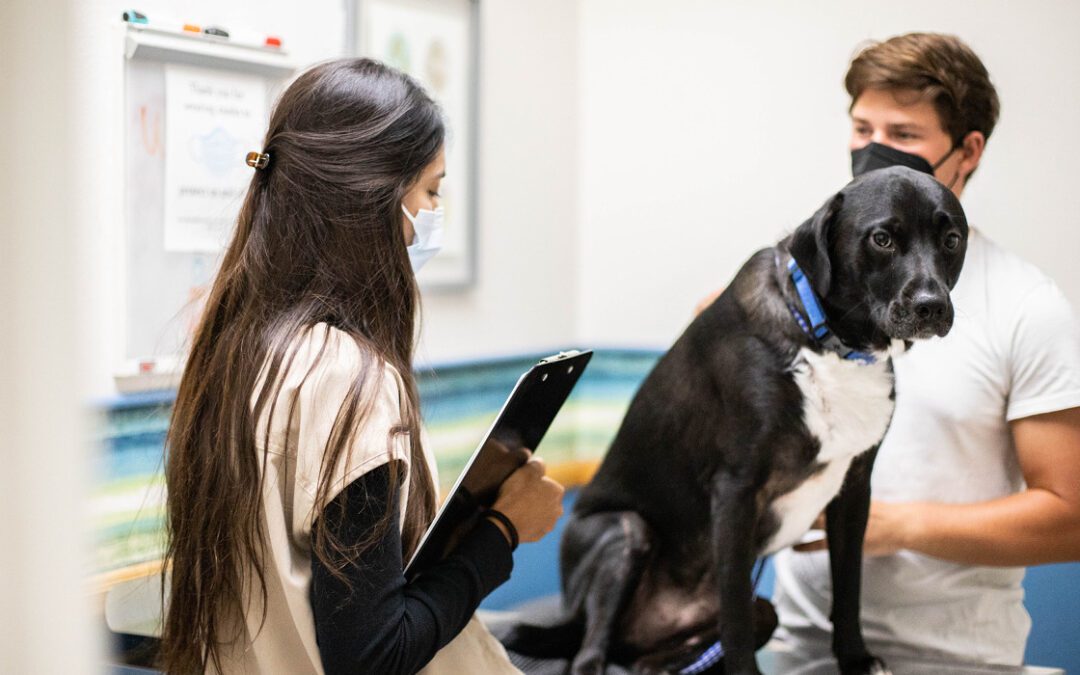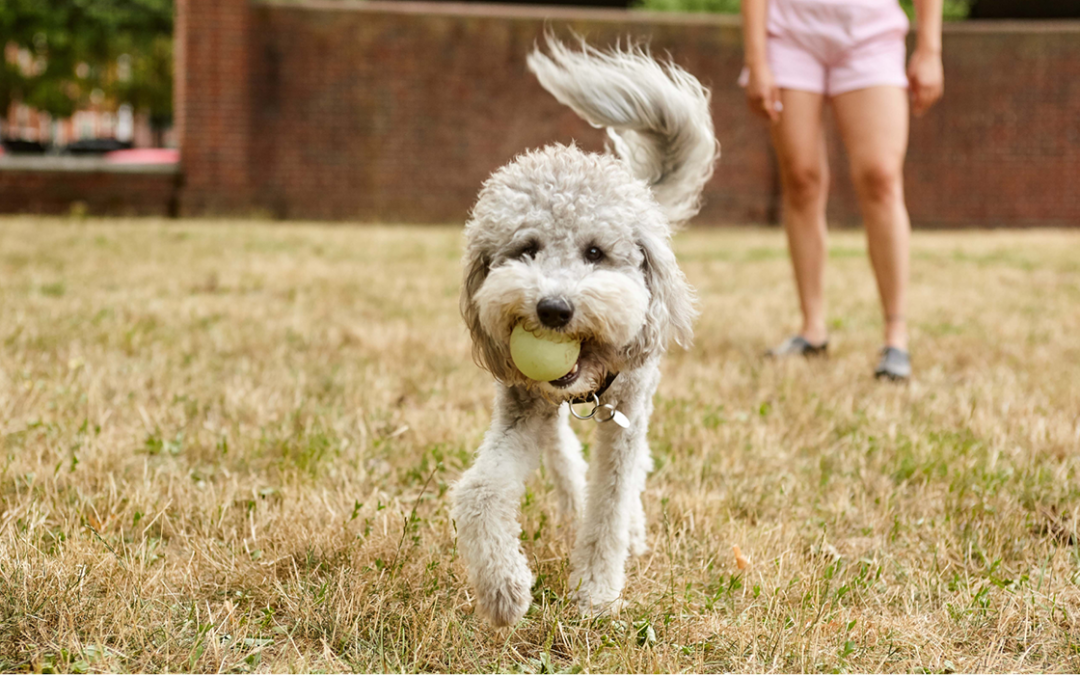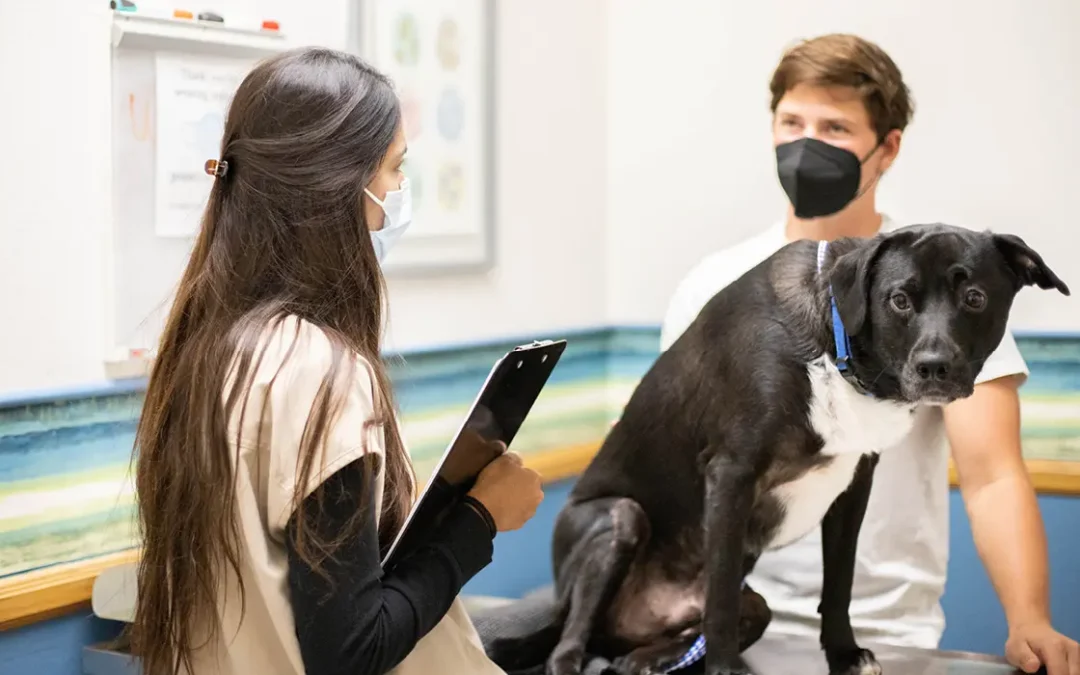Common Causes of Bad Breath in Pets
Bad breath in pets is a common problem that can be caused by a number of factors. Here are a few of the most frequent reasons for bad breath in cats and dogs:
Poor Dental Hygiene
Failing to brush your pet’s teeth, or not brushing enough, can lead to a buildup of plaque and tartar. Plaque is the bacterial film that forms on tooth surfaces when bacteria in your pet’s mouth mixes with saliva and food debris. Tartar is hardened plaque that can build up on tooth surfaces and in the spaces between teeth.
Accumulation of plaque and tartar is a major cause of bad breath in pets. Brushing your pet’s teeth regularly is the best way to prevent plaque and tartar buildup and keep their breath smelling fresh. You can also use dental gels, wipes, or chews to combat bad breath and help keep your pet’s teeth clean and healthy.
In addition, it’s important to schedule regular dental checkups and cleanings with your veterinarian. These procedures are a vital part of your pet’s veterinary care and can help detect early signs of oral health problems.
Periodontal Disease
Over time, poor dental hygiene can lead to periodontal disease in pets. Periodontal disease, also known as periodontitis or gum disease, is a common cause of bad breath in cats and dogs. The condition occurs when plaque buildup causes inflammation and infection where your pet’s teeth meet their gums.
Left untreated, periodontal disease can cause damage to bone and tissue support around the teeth that may eventually result in tooth loss. Other common symptoms include pain, loss of appetite, and swollen, bleeding gums.
But it’s not just your pet’s oral health you need to worry about. In severe cases, bacteria from the mouth can enter the bloodstream and cause serious, potentially life-threatening systemic illnesses including kidney, liver, heart, and respiratory diseases. That’s why it’s so important to keep your pet’s teeth clean and healthy and seek veterinary care if you notice any signs of periodontal disease.
Underlying Health Problems
Certain health conditions like diabetes and kidney disease can lead to bad breath in cats and dogs. Pets with diabetes will sometimes have a fruity or sweet odor to their breath, which is caused by the presence of ketones. This scent also happens with pets that are in diabetic ketoacidosis (DKA), an advanced stage of diabetes when your pet’s body cannot use its own glucose for energy and breaks down fat instead.
When it comes to kidney disease, one of the most common symptoms is bad breath. This happens when your pet’s kidneys are no longer able to efficiently filter waste and other harmful substances out of the blood.
Aside from diabetes and kidney disease, there are a number of other health conditions that can lead to chronic bad breath in pets. These include metabolic diseases, gastrointestinal disorders, and some forms of cancer. If you notice a sudden change in your pet’s breath, make sure to visit your veterinarian as soon as possible.
Does Your Pet Have Healthy Gums?
Healthy gums in cats and dogs should be bubblegum pink. If your pet’s gums are very pale, it may indicate anemia, which is caused by a lack of iron in the blood. Dark red gums can indicate several conditions including gingivitis, stomatitis, and periodontal disease. Wondering if your pet’s gums are as healthy as they should be? Try this simple 3-step test at home:
- Press down on your pet’s gums with your finger. Apply firm pressure, but make sure not to press hard enough to cause pain or discomfort.
- Time how long it takes for your pet’s gums to turn from light to bright pink. If it takes less than a couple of seconds, it means their gums have excellent blood flow!
- Use your finger to feel your pet’s gums. If they’re dry or tacky it may be a sign of an underlying health issue.
Follow the tips in this post to help keep your pet’s teeth and gums healthy and their breath smelling fresh! With a little routine care, your loyal companion can enjoy good oral health for years to come.






